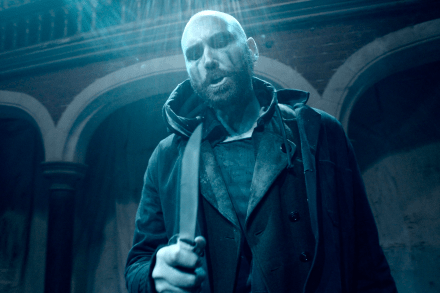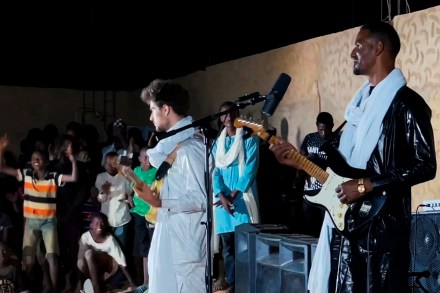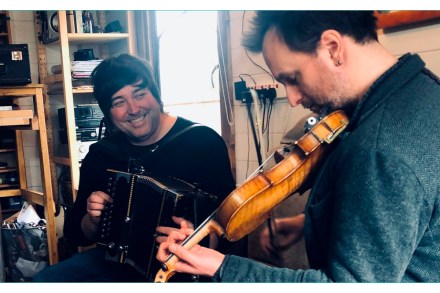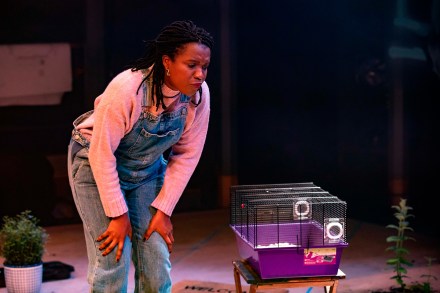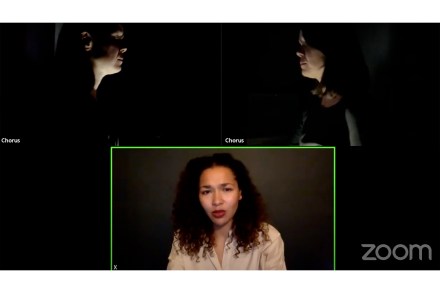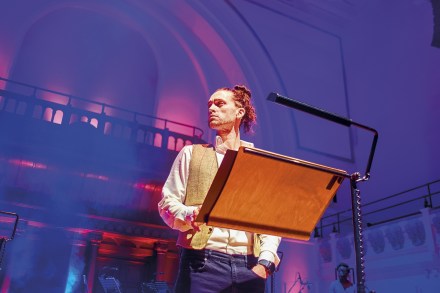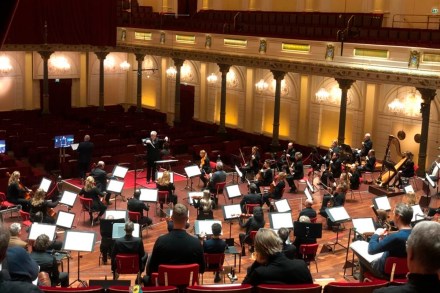A last hurrah for the Zoom play
Lockdown is about to end but some theatres are gripped by cabin fever and want to explore the two new formats created by the pandemic. One is the Zoom play with multiple actors, the other is the sequence of filmed soliloquys linked by a theme or storyline. Tim Crouch has directed a Zoom version of B.S. Johnson’s satire House Mother Normal, which is set in an old folks’ home in the 1960s. The inmates are detained in a communal ward run by a sadistic nurse, the ‘house mother’, who enforces a programme of singalongs and party games. The house mother carries a weapon and feels free to beat anyone who




